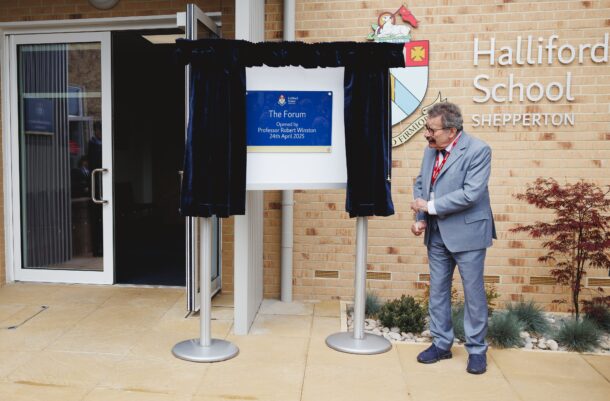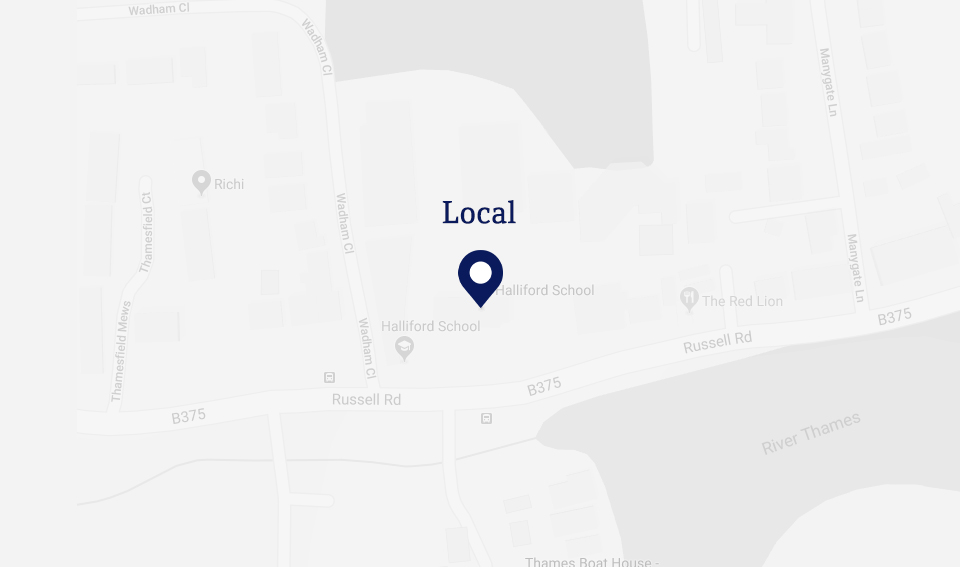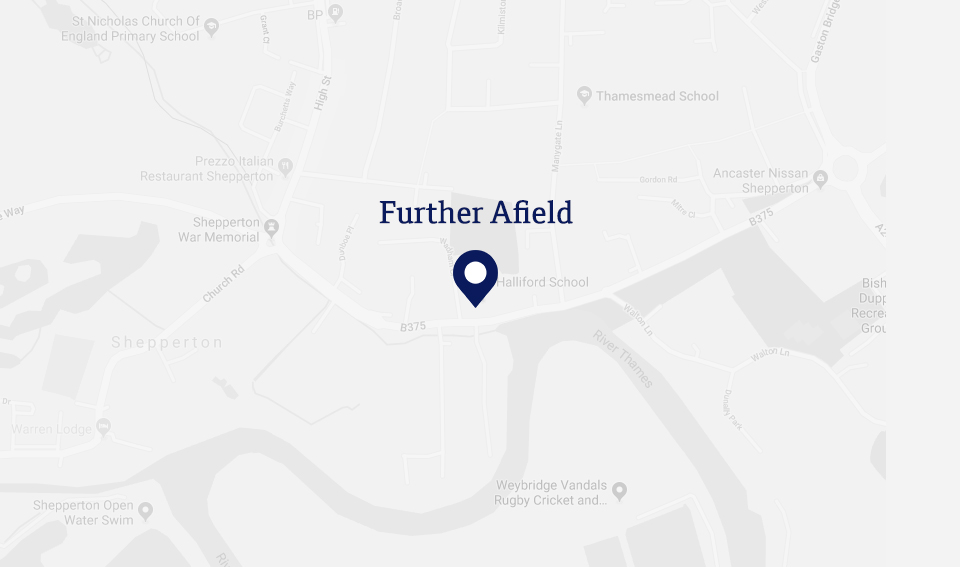Facilitating Progress
At Halliford School, we facilitate our students’ progress in the following ways
- Through quality first teaching
- By regularly monitoring and reviewing progress
- Through our reward system
- By providing additional learning support for students with identified learning needs
Quality First Teaching
Quality First Teaching is universal at Halliford School. All teachers are expected to deliver a series of lessons which:
- are well-planned with differentiated outcomes
- accommodate different learning styles
- engage students and encourage involvement
- demonstrate different levels of questioning
- provide the opportunity for praise, constructive criticism and student feedback
- encourage students to take responsibility for their own learning
- allow measurement of progress and attainment
In addition, teachers:
- understand the individual child
- communicate well with parents and carers
- promote independent learning
From within the whole School ethos of Quality First Teaching extends the platform on which we can build a Graduated Response to individual learning needs.
Monitoring Pupil Progress
The School uses five methods for monitoring pupil progress:
- Baseline testing
- Regular teacher assessment and marking
- Target setting for students
- Reports cards to focus on particular areas of performance
- Summative termly reports
Form Tutor
The Form Tutor has a central role to play in making the monitoring system work effectively as they are the central storehouse for information on a particular student. They are best placed to identify patterns and to pick up whether the students need assistance or not.
Target Setting
Target setting is designed to encourage student progress by giving each student realistic, achievable targets to work towards. Subject targets are set by individual subject teachers initially based upon what they have learnt about their students, but from Year 9 the targets are decided in conjunction with the indicators gained from the MidYIS and Alis tests.
Assessment - Grade Reviews
Grades reviews are staff meetings conducted once or twice a term depending upon parents’ evenings. The reviews have two main purposes: firstly, to provide a summative assessment of the effort and achievement of individual students; secondly, to provide a whole staff forum where the progress made by students can be discussed, their difficulties identified and action plans agreed when necessary.
Encouraging Progress
Student progress is encouraged and rewarded both formally and informally at Halliford. Informal encouragement will vary from teacher to teacher and situation to situation but is likely to include positive comments on written work, an encouraging note in the work diary and a friendly conversation. In addition to the active use of assessment for learning, formal encouragement and reward are based on a system of commendations, benes and merits designed to reward and encourage effort and improvement at every level of achievement.
Assessment for Learning
Assessment for learning is a central part of the whole school marking policy, and if used properly, it also plays a significant part in encouraging student progress. Effort is always encouraged, and positive advice is given, especially when a student is clearly struggling with a particular subject or topic.
Baseline Testing
Students are tested in English Language, Maths, Verbal Reasoning and Non-Verbal Reasoning as part of the admissions process.
Upon arrival at Halliford, all Year 7 students and those joining in Year 9 are tested for their academic aptitude using MidYIS testing. This is used to inform teachers of their strengths and weakness, better informing staff on how best to stretch, challenge and support students.
At the start of Year 10, to coincide with the start of many GCSE courses, students are reassessed using Yellis Testing. This allows for their subsequent progress to be monitored as well as the relative progress of individual subject departments to be assessed.
Students are again tested upon entry to the Lower Sixth using Alis tests developed by the Centre of Evaluation and Monitoring. The outcomes here can be used to indicate the sorts of Grades for which students should be aiming to achieve.
Heads of Department use the data to analyse the performance of their departments while the Deputy Head Academic conducts a whole school analysis. The results of these analyses are used to inform the academic development plans of both the School as a whole and individual departments as well as to inform the targets set and assistance given to individual students.
Monitoring Progress
The academic ethos of Halliford is based on the idea that high standards and improvements in student performances are more likely to be achieved within an environment that is nurturing, encouraging and supportive while at the same time setting challenges. The able and independent will relish the challenges while aware that support is available when they run into difficulty. The less able and less independent, and/or those who require Learning Support, make better progress and gain in confidence with the active assistance of the staff. To ensure that the challenges and support are accurately targeted, an effective system for monitoring and assessing student progress is in place. To ensure students respond positively to the teaching received, they are given praise and encouragement for the effort and progress that they make at whatever academic level they are operating. This may range from encouraging remarks and praise given by a subject teacher to public acknowledgement of their success.
Merits
Merits are awarded to encourage and reward both positive behaviour as well as academic achievement. For academic achievement, they are usually given for taking a more positive approach to studying or for the emergence of improved efforts.
Benes
Benes are awarded to students when they have produced a particularly splendid piece of work. Those awarded a Bene receive a signed certificate from the Headmaster which is presented in a whole School Assembly. A Bene also counts as four merits towards the Inter-House Merit Shield. Benes are intended to enable teachers to reward students, of whatever level of ability, who produce a piece of work which is a significant improvement on what has gone before. They are also intended to provide teachers with a means of encouraging those whose efforts are somewhat uneven which prevents them from gaining commendations.
Commendations
Commendations are awarded at three levels at the regular staff grades reviews. Their award is based on the effort grades achieved by students at the reviews. The names of those awarded commendations are read out in a whole School Assembly by the Headmaster.
- Starred Commendations are awarded to students who gain mainly grade 1s for effort and no grade lower than a 2
- Commendations are awarded to students whose effort grades are mainly 1s and 2s with no grade lower than a 3
- Tutor’s Commendations are awarded to encourage a member of the tutor group who has made a significant improvement but has just missed out on gaining a full commendation










0 CommentsComment on Facebook